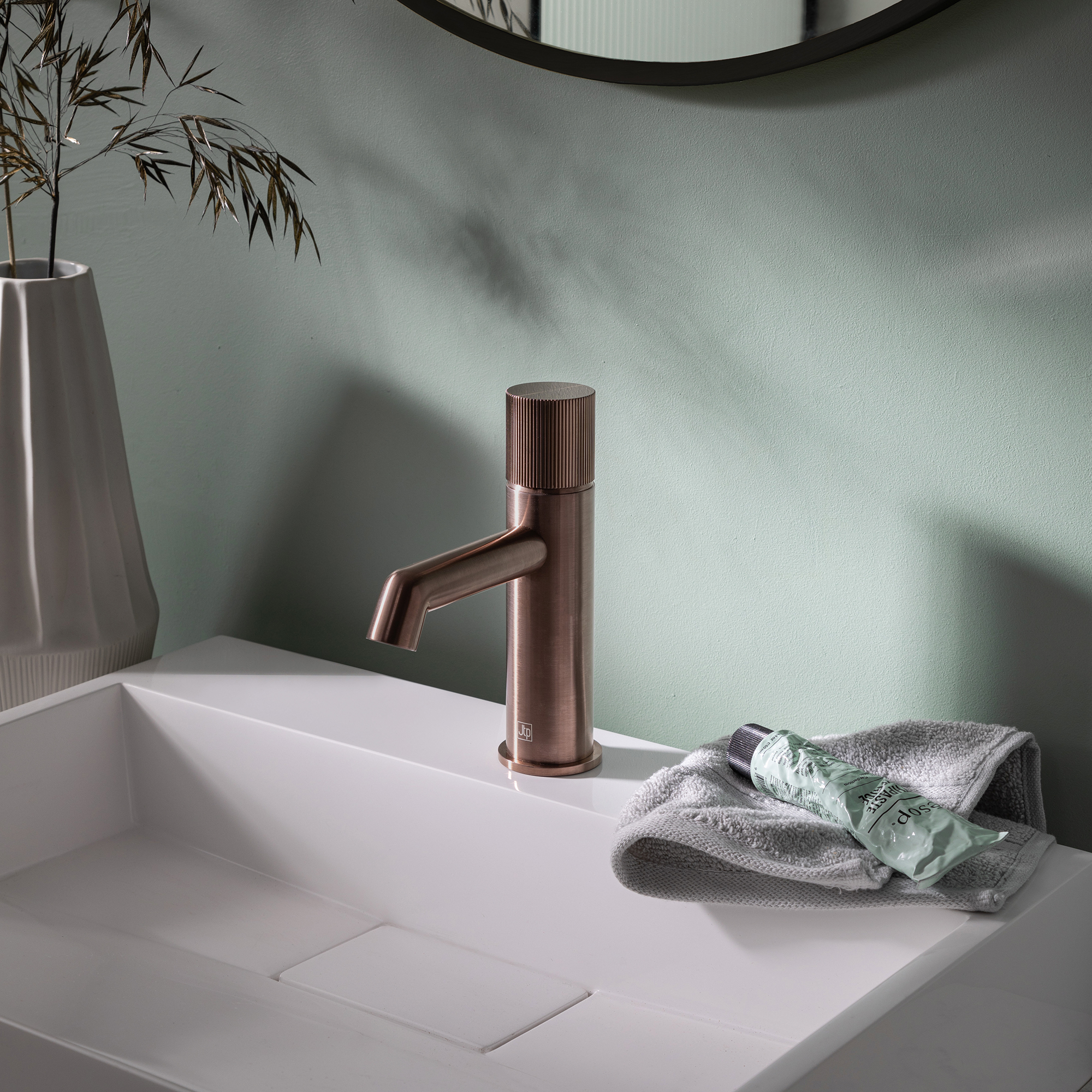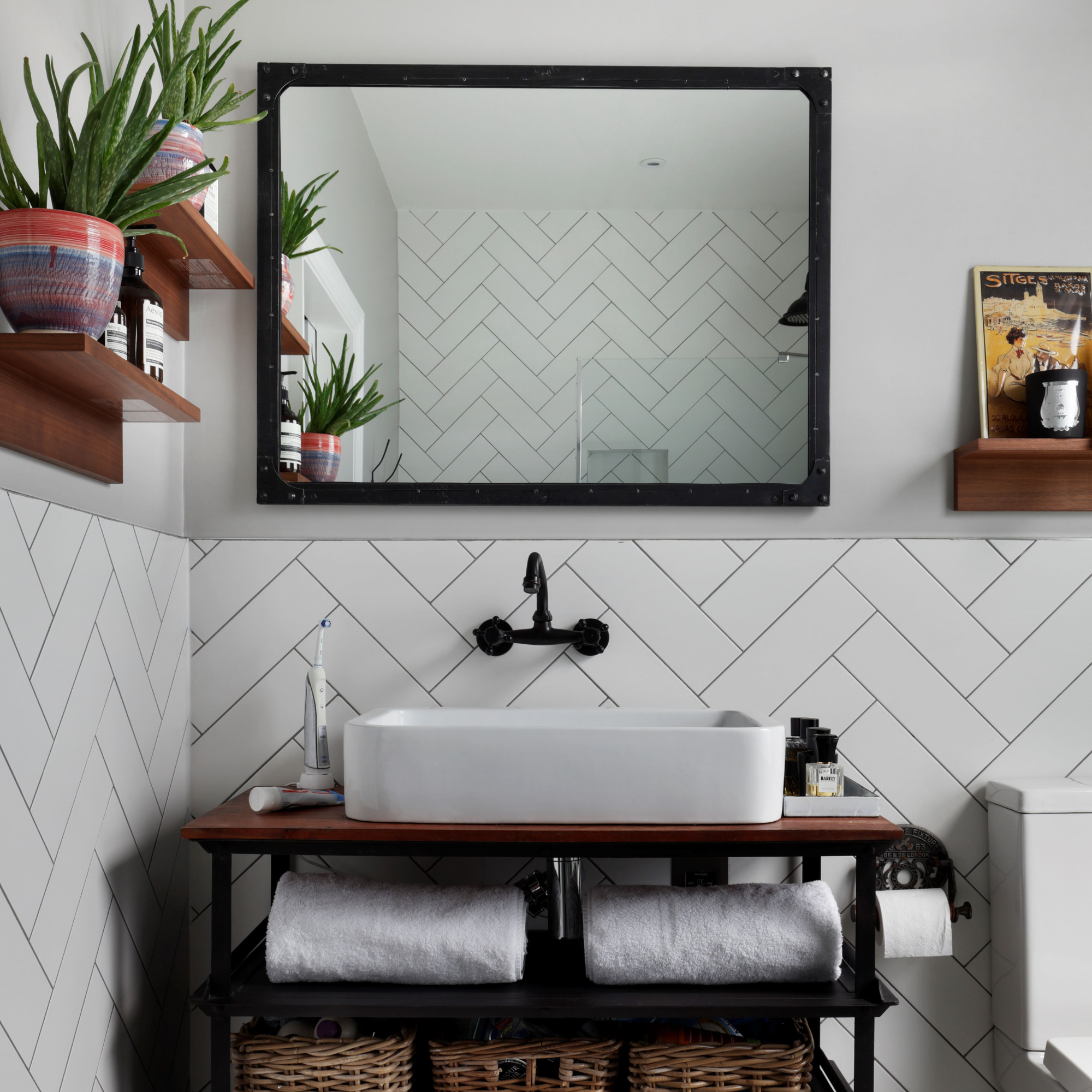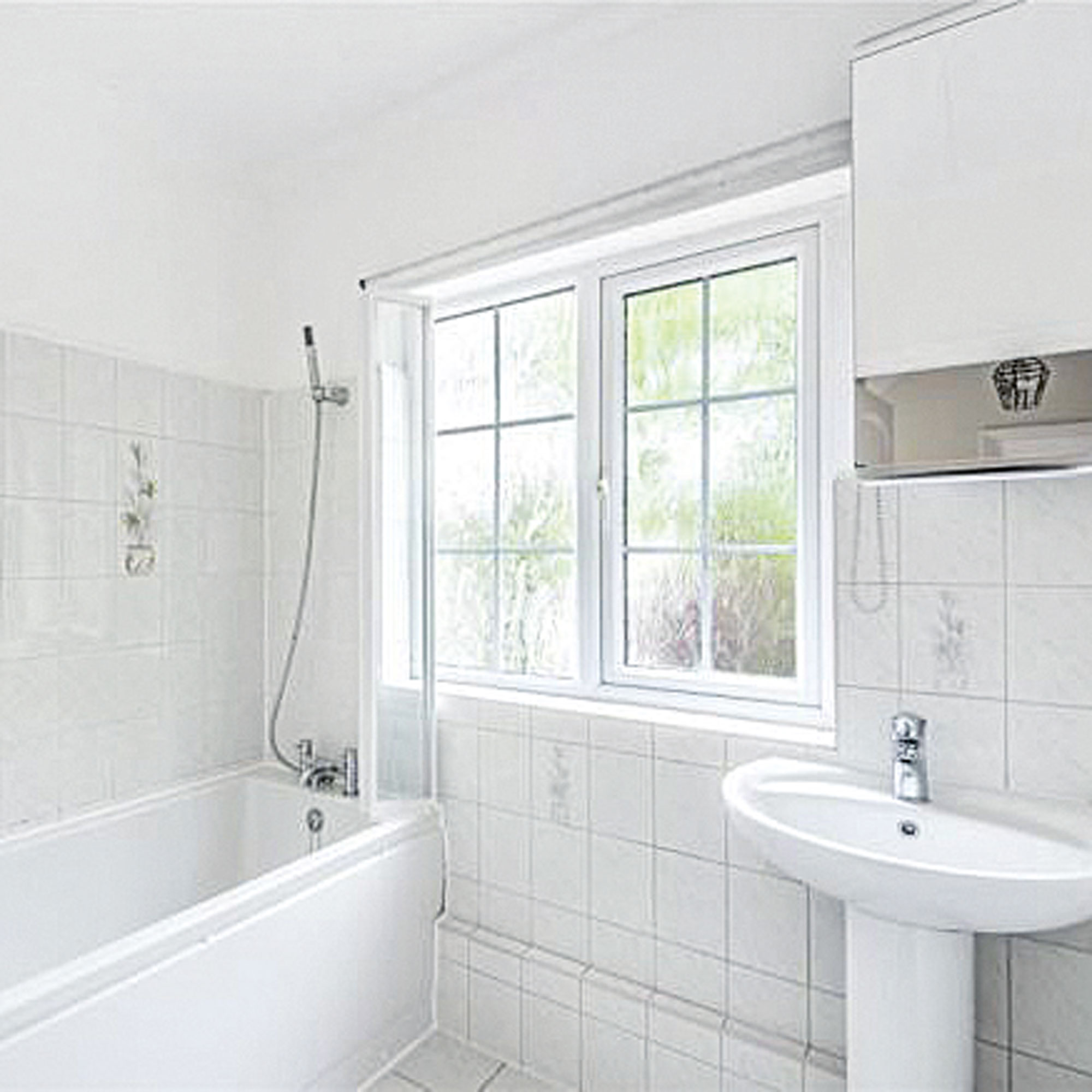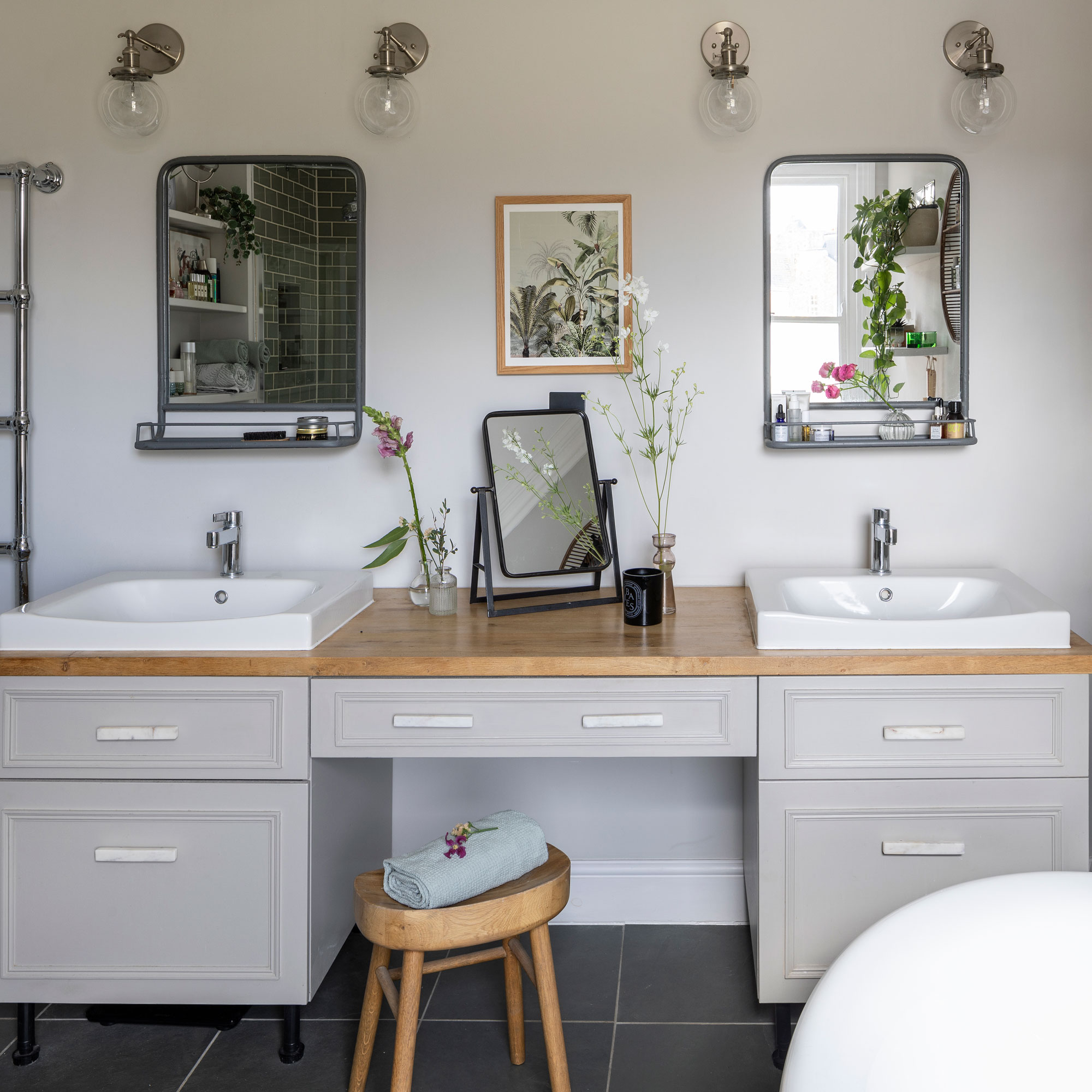
If you're in need of a glass of water, the kitchen tap is inevitably the first place you’ll go. But if you’ve ever experienced the need to urgently quench your thirst and haven’t been able to get to the kitchen – you’ve likely wondered if it’s ever actually safe to drink from your bathroom tap.
Whether you’re in a hotel and in need of a drink, or your kitchen tap at home is out of action, many of us have likely – at some point in our lives – wondered whether the bathroom tap is as safe to drink out of as the kitchen tap. After all – we clean our teeth using the water from the kitchen tap, so it must be safe, right?
However, there’s something that just doesn't *feel* quite right about getting a glass of water from the bathroom. So is it all in our heads (once you've unclogged a bathroom sink, it's tough to think about drinking from it)? Or should you really never drink from your bathroom taps, no matter the circumstances?
Is it ever safe to drink from a bathroom tap?
According to the experts, the verdict on whether or not it’s safe to drink from yours (or any) bathroom tap is slightly complex, and requires a little bit of consideration.
'It can be perfectly safe, but you need to understand your own plumbing system to be sure,' says Warren Kinloch, bathroom expert from Bathroom Deal.
'If your bathroom tap is connected to the same mains water supply as your kitchen tap and you're confident that your pipes are lead-free, there's no inherent risk in drinking from it.'
However, John Lawless, bathroom expert at Big Bathroom Shop explains that even if your bathroom pipes are connected to your kitchen pipes via the mains supply, it's difficult to be confident about the safety of the pipes leading to your bathroom tap.

'While mains water in the UK is treated and regulated to be safe for drinking, there are many variables with bathroom pipes and tanks which make it difficult to guarantee the same safety standards,' he says.
'Water from kitchen taps is considered safer, as it comes directly from the mains supply without prolonged stagnation in pipes or tanks.'
'Although your bathroom taps are connected to the same water supply as those supplying your kitchen, the water from the bathroom taps may have been sitting stagnant in the pipes for longer periods, which potentially means that the water may have picked up contaminants from the pipes,' John explains.
So unless you are truly certain about the state of your pipes, it may be better to avoid drinking from your bathroom tap.
And in fact, it’s even more important to be cautious if your home was built decades ago. 'For those living in older properties (pre-1970s), your plumbing pipes may sometimes contain lead,' John says. 'Over time, lead can leach into the water and cause lead poisoning, which is especially harmful for children.'

Of course, it’s easier to understand your plumbing system if you’ve had it re-done yourself, or if you own the home you live in and have easy access to that information.
If you are renting however, or you haven’t addressed the plumbing in your home for a long time, it’s likely better to err on the side of caution and avoid drinking from the bathroom tap; even if your kitchen tap is unavailable.
'It's crucial to ensure that your plumbing is up to standard and that there are no potential contaminants present,' advises bathroom expert Warren. 'If you have any doubts or concerns about the safety of drinking water from your bathroom tap, it's always best to consult with a qualified plumber.'
'While bathroom tap water is perfectly safe for brushing your teeth, to ensure you are drinking the highest quality water, we would advise that you use the kitchen tap or bottled water rather than risking potential contaminants from bathroom taps,' agrees John.

So the more you know about your plumbing system, the more confident you can be whether it's ok to drink bathroom tap water once in a while. When in real doubt? You can't go wrong with a carafe of water on your bedside table for late night thirst!







